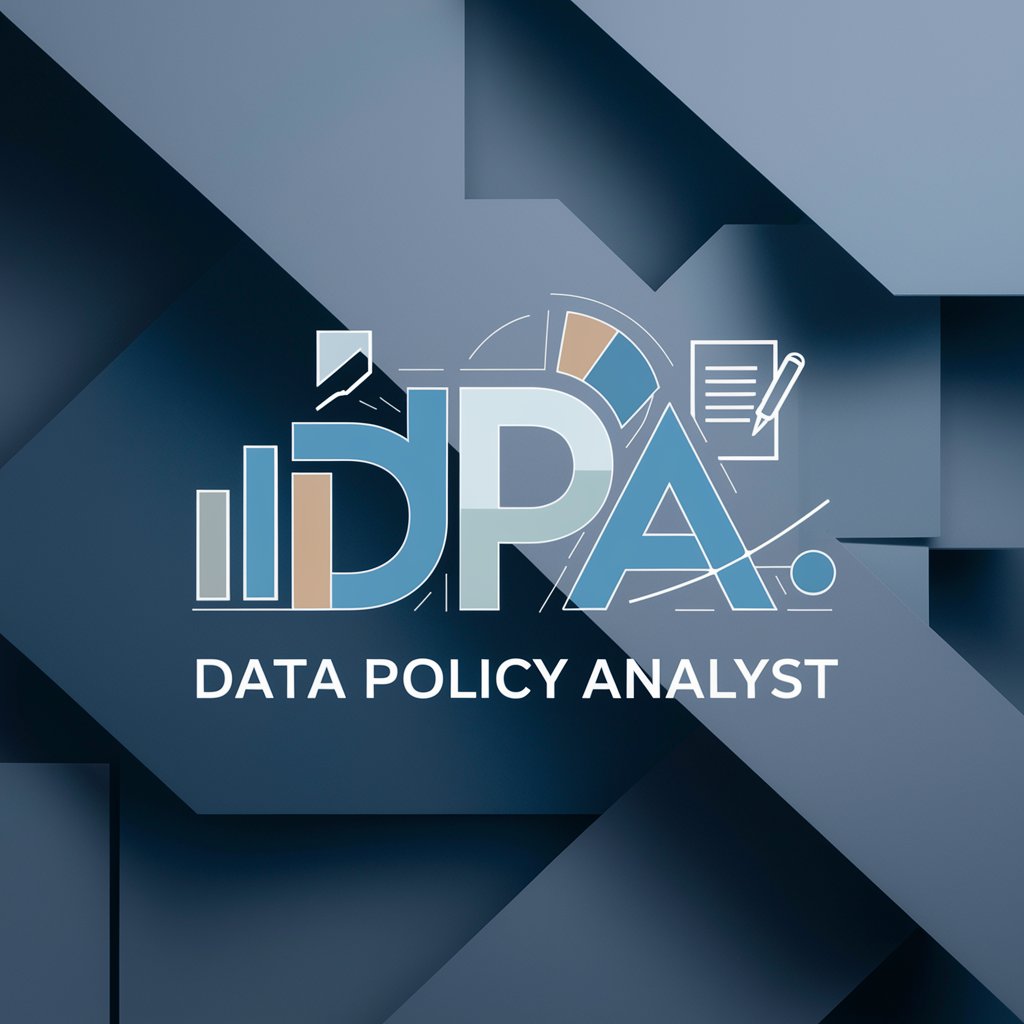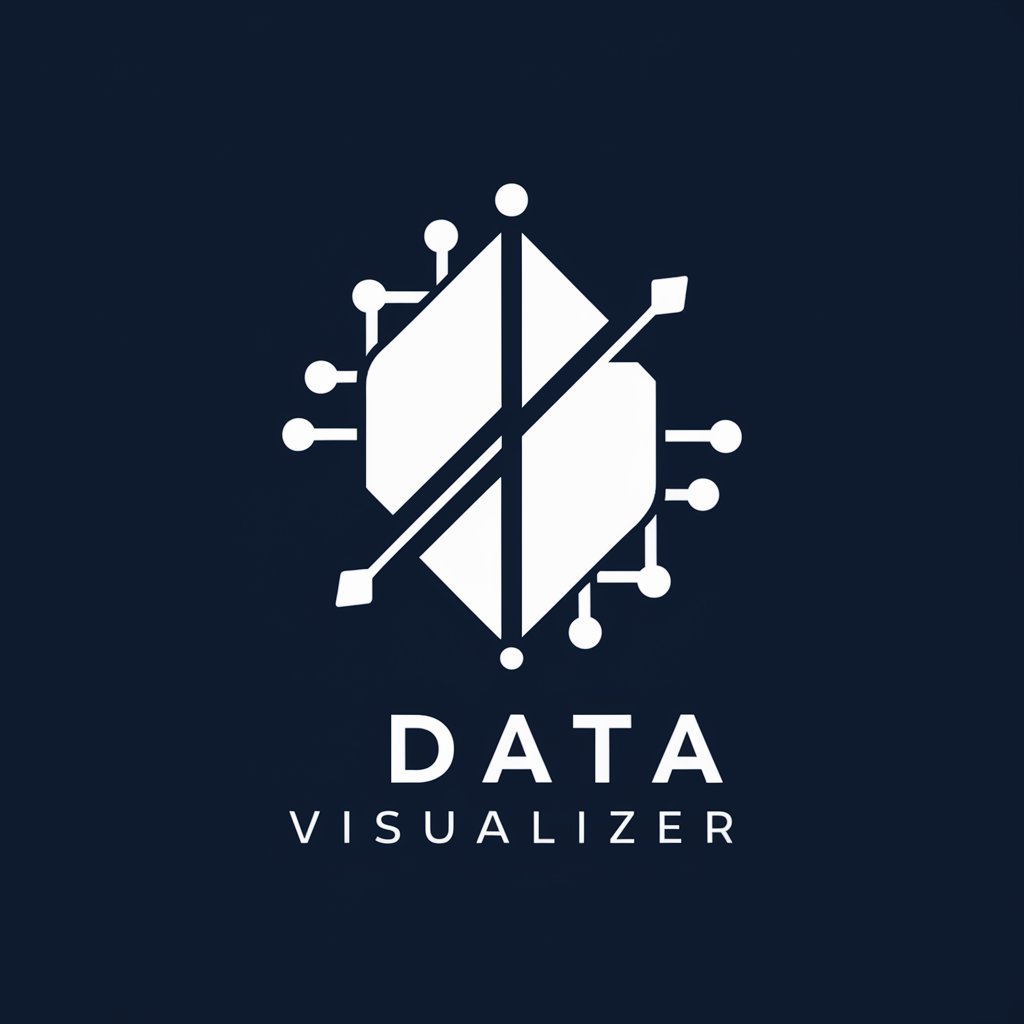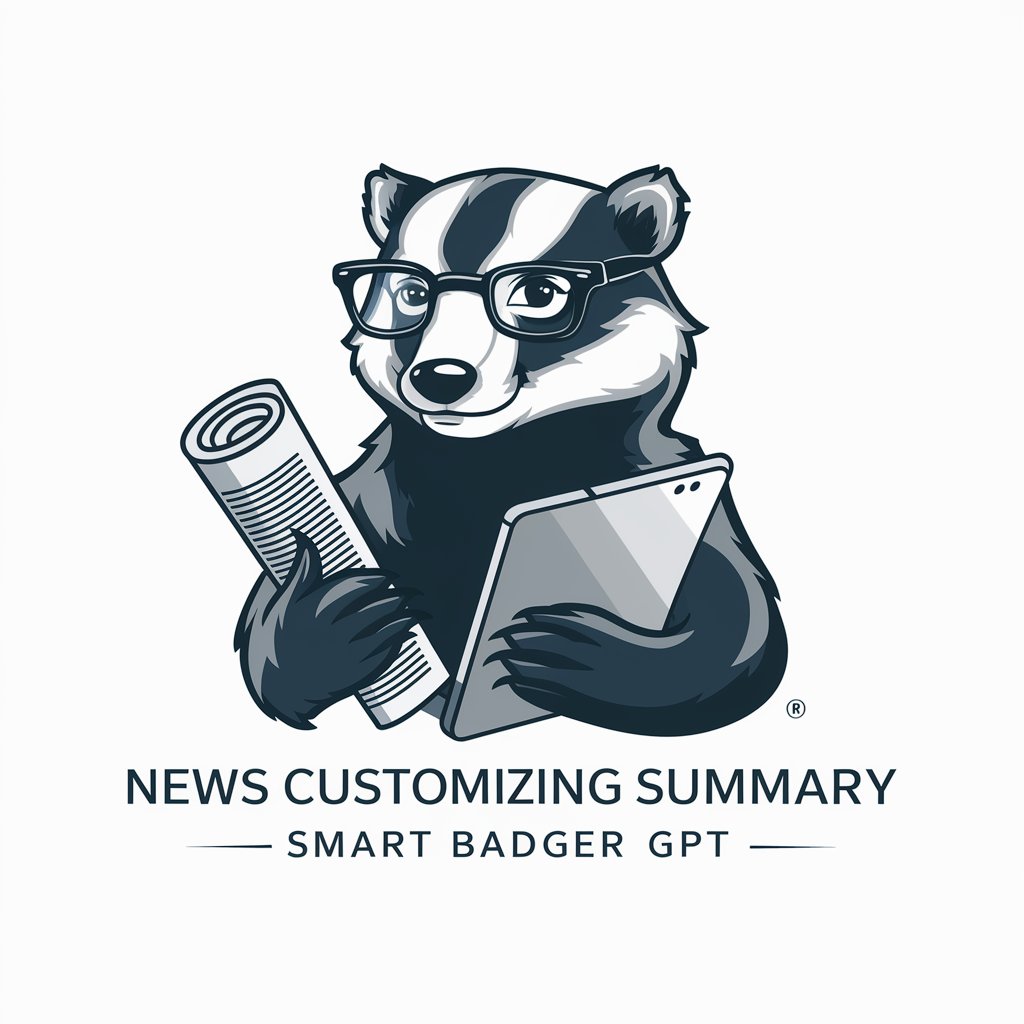Data Policy Analyst - Data-Driven Policy Insights

Welcome to Data Policy Analyst, your source for precise, data-driven policy insights.
Empowering policy decisions with AI insights
Analyze the impact of proposed data privacy regulations on consumer trust in digital services.
Evaluate the economic implications of implementing new environmental policies in urban areas.
Assess the effectiveness of current cybersecurity measures in protecting critical infrastructure.
Examine the potential social outcomes of education policy reforms aimed at reducing inequality.
Get Embed Code
Overview of Data Policy Analyst
Data Policy Analyst is a specialized AI designed to offer objective, data-driven policy recommendations. It emphasizes precision and clarity by relying on factual, up-to-date information and avoids speculation and direct policy implementation advice. The AI simulates policy impacts using big data and seeks additional details for vague questions to ensure accurate analysis. It is built to clarify complex policy and data issues, providing analyses that inform decision-making processes. For example, in evaluating the potential outcomes of a new data privacy regulation, Data Policy Analyst could simulate its impact on various sectors by analyzing large datasets, considering factors like compliance costs, benefits to consumer privacy, and implications for innovation. Powered by ChatGPT-4o。

Core Functions of Data Policy Analyst
Policy Impact Simulation
Example
Assessing the economic and social impacts of proposed data protection regulations on small and medium-sized enterprises (SMEs).
Scenario
By analyzing data from similar past regulations, the AI can project potential outcomes such as increased operational costs for SMEs, changes in consumer trust, and adjustments in market competition.
Data-Driven Recommendations
Example
Providing guidance on the implementation of a national digital identity system.
Scenario
The AI evaluates international case studies, success rates, and privacy concerns, offering a detailed analysis of best practices and pitfalls to avoid, thereby aiding in the development of a robust and secure system.
Analysis of Policy Alternatives
Example
Comparing the effectiveness of different climate change policies in reducing carbon emissions.
Scenario
Utilizing climate and economic models, the AI can quantify the impacts of various policies such as carbon taxes, cap and trade systems, and renewable energy incentives, helping policymakers choose the most effective strategy.
Target Users of Data Policy Analyst Services
Policymakers and Government Officials
These users benefit from precise policy analyses and simulations that inform legislative and regulatory decision-making processes, helping to craft policies that are effective, efficient, and equitable.
Non-Governmental Organizations (NGOs) and Advocacy Groups
NGOs can use the AI to understand the potential impacts of policies on their areas of concern, supporting advocacy with data-driven arguments and identifying the most beneficial policies to champion.
Academic Researchers and Think Tanks
These users leverage the AI's capabilities for comprehensive analyses in their studies, contributing to the academic discourse on policy effectiveness and providing evidence-based recommendations.
Business Leaders and Industry Analysts
For these users, understanding the implications of current and upcoming policies on operations, compliance, and market dynamics is crucial. The AI's analyses help them strategize and adapt in a data-informed manner.

How to Use Data Policy Analyst
1
Initiate your journey at yeschat.ai to access a complimentary trial without the need for login credentials or a ChatGPT Plus subscription.
2
Identify your specific data policy query or the type of analysis you require, such as privacy concerns, data governance, regulatory compliance, or impact assessments.
3
Utilize the provided text box to submit your query in detail. Ensure clarity and specificity to receive the most accurate and useful analysis.
4
Review the generated recommendations and analyses. For complex queries, consider breaking them down into smaller, more specific questions for optimal results.
5
Apply the insights and recommendations to inform your policy development or decision-making process. For further clarification or deeper analysis, consider submitting follow-up questions.
Try other advanced and practical GPTs
Locksmith Indianapolis, Indiana AI Assistance
AI-Powered Locksmith Solutions at Your Fingertips

Cheap Car Insurance Chicago Ai Aid
Empowering your car insurance decisions with AI.

DWX-达文西
Empowering creativity with AI-driven artistry

معلم اللهجة الجزائرية
Master the Algerian Dialect with AI

Pedal Pro Coach
Elevate Your Ride with AI-Powered Coaching

AI Coupon Finder
Unlock savings with AI-powered deals

Cry 4 U meaning?
Empowering Emotional Intelligence with AI

Drawing Assistant
Empower your creativity with AI.

Assistant Juriste
AI-powered legal business assistant

News Summarizing Smart Badger
Streamline Your News with AI-Powered Summaries

DIY Mate
Empowering your DIY projects with AI

Yantee (Language Teacher)
Empowering Language Mastery with AI

Frequently Asked Questions about Data Policy Analyst
What is Data Policy Analyst?
Data Policy Analyst is an AI-driven tool designed to provide objective, data-driven policy recommendations. It focuses on delivering precise and clear analyses based on big data, specifically tailored for policy development, compliance, and impact assessment.
How can Data Policy Analyst assist in regulatory compliance?
The tool analyzes current regulations and provides insights on compliance strategies, highlighting potential gaps and suggesting actionable measures to ensure regulatory adherence.
Can Data Policy Analyst predict the impact of policy changes?
Yes, leveraging big data and AI, it simulates various scenarios to forecast the outcomes of policy adjustments, aiding stakeholders in making informed decisions.
Is Data Policy Analyst suitable for academic research?
Absolutely. It serves as a valuable resource for academics seeking to analyze and interpret policy impacts within their research, offering data-driven insights that can enhance the quality of their work.
How does Data Policy Analyst ensure the accuracy of its analyses?
It utilizes up-to-date, comprehensive datasets and advanced analytical algorithms to provide precise analyses. Continuous updates and refinements ensure its recommendations remain relevant and accurate.
